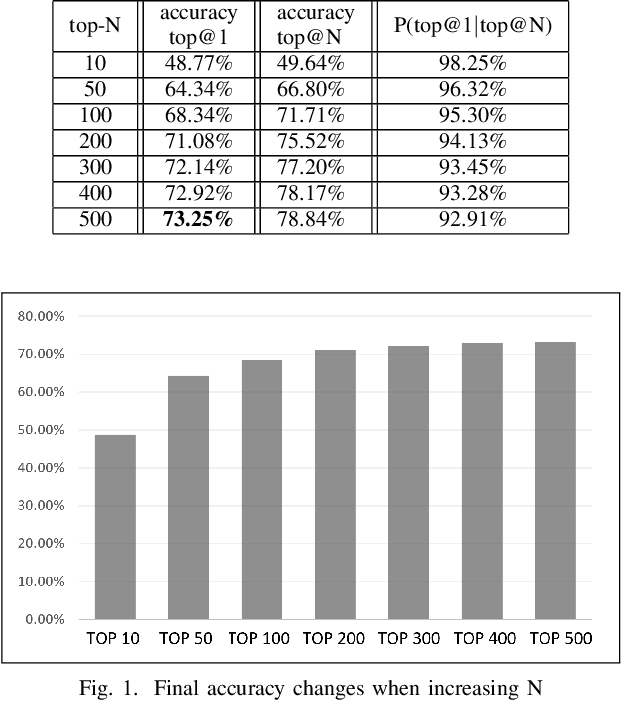Misspelling Correction with Pre-trained Contextual Language Model
Paper and Code
Jan 08, 2021



Spelling irregularities, known now as spelling mistakes, have been found for several centuries. As humans, we are able to understand most of the misspelled words based on their location in the sentence, perceived pronunciation, and context. Unlike humans, computer systems do not possess the convenient auto complete functionality of which human brains are capable. While many programs provide spelling correction functionality, many systems do not take context into account. Moreover, Artificial Intelligence systems function in the way they are trained on. With many current Natural Language Processing (NLP) systems trained on grammatically correct text data, many are vulnerable against adversarial examples, yet correctly spelled text processing is crucial for learning. In this paper, we investigate how spelling errors can be corrected in context, with a pre-trained language model BERT. We present two experiments, based on BERT and the edit distance algorithm, for ranking and selecting candidate corrections. The results of our experiments demonstrated that when combined properly, contextual word embeddings of BERT and edit distance are capable of effectively correcting spelling errors.
 Add to Chrome
Add to Chrome Add to Firefox
Add to Firefox Add to Edge
Add to Edge